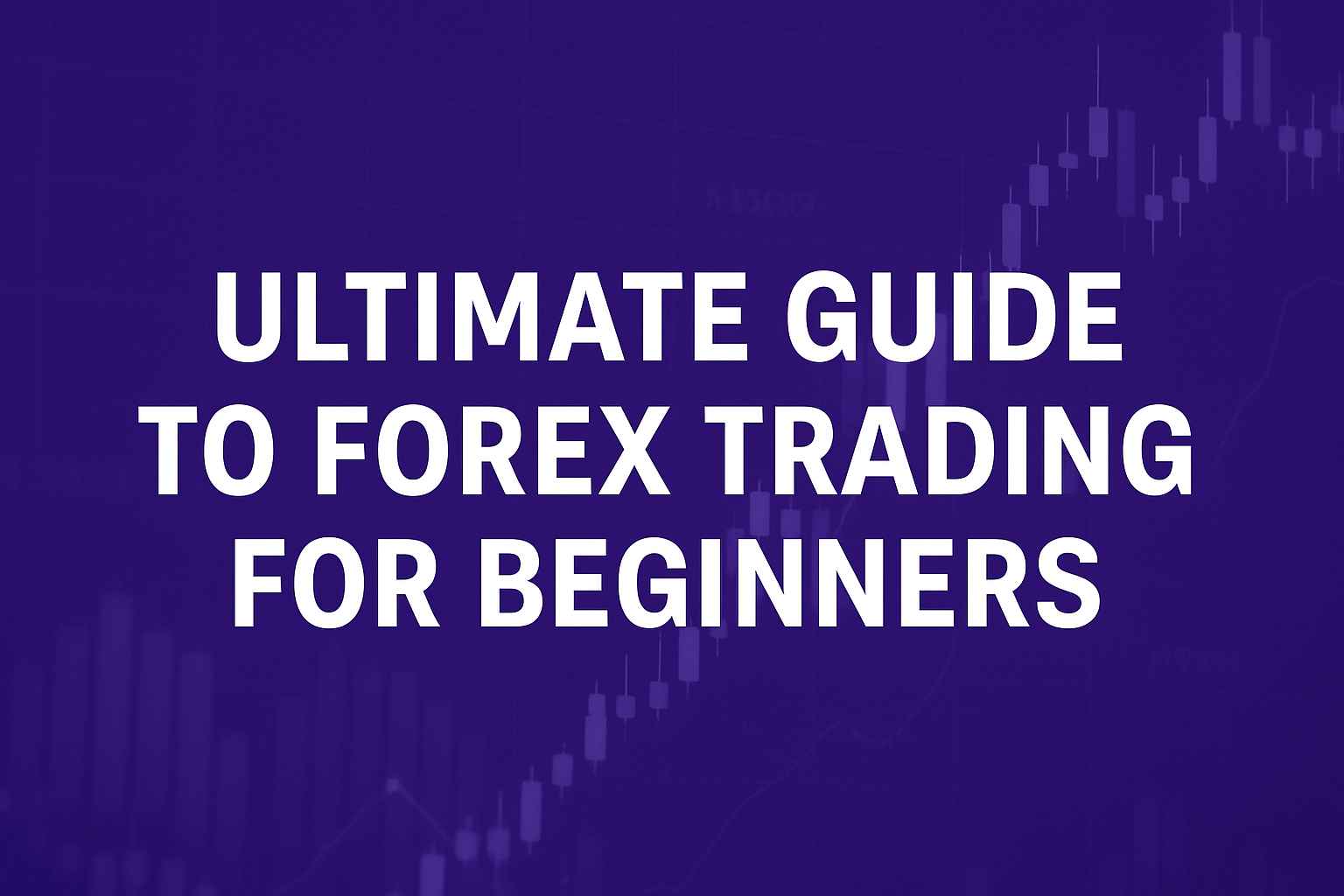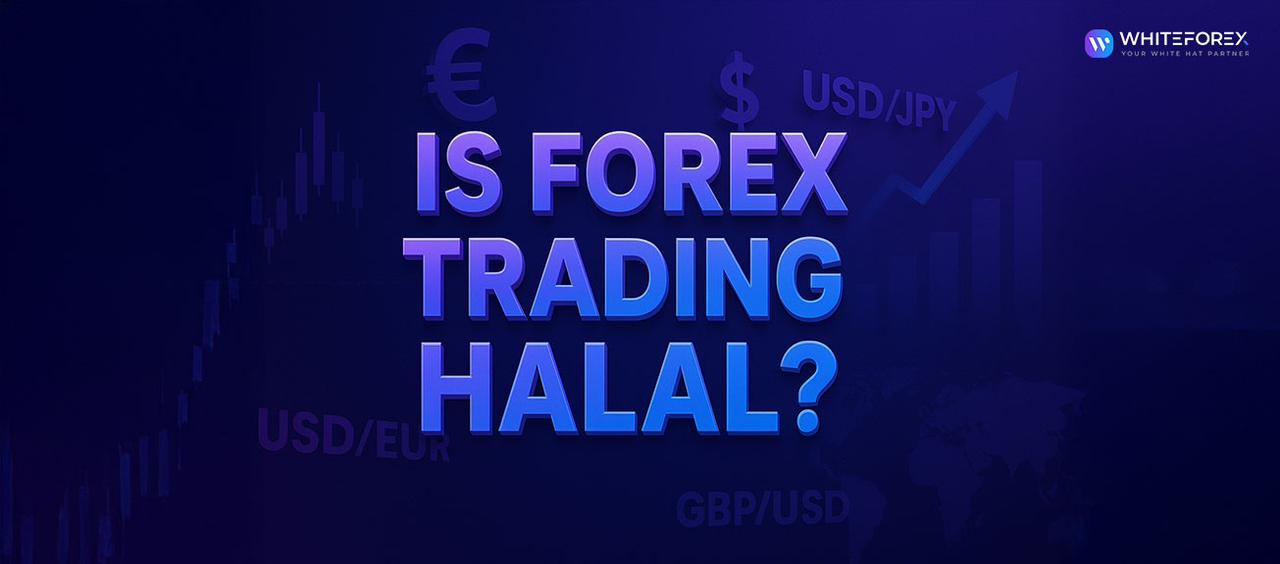Understanding the Forex Market
The forex market is the world's largest financial market, with a daily trading volume exceeding $7.5 trillion. Unlike other markets, forex trading involves simultaneously buying one currency and selling another, always in pairs such as EUR/USD or GBP/JPY.
Key Concepts to Grasp
Currency Pairs: Currencies are traded in pairs. For example, EUR/USD represents the Euro against the US Dollar.
Pips: A pip is a unit of measurement for the change in value between two currencies.
Leverage: Leverage allows traders to control a larger position with a smaller amount of capital. While it can amplify profits, it also increases potential losses.
Spread: The spread is the difference between the bid and ask prices for a currency pair.
Choosing the Right Platform: Best Forex Trading Platforms for Beginners
Selecting a reliable, user-friendly platform is essential for beginners. Here are some top platforms to consider:
eToro
Overview: Known for its social trading features, eToro allows beginners to copy trades from experienced traders.
Minimum Deposit: Varies between $50 and $10,000, depending on the account type.
Features: User-friendly interface, educational resources, and a wide range of tradable assets.
Plus500
Overview: Offers a straightforward platform with a focus on CFDs.
Minimum Deposit: €50.
Features: Intuitive design, risk management tools, and a demo account for practice.
OANDA
Overview: A well-established broker with a reputation for reliability.
Minimum Deposit: Varies; known for flexible deposit requirements.
Features: Advanced charting tools, educational resources, and strong customer support.
White Forex
Overview: Provides a comprehensive trading environment with various account types to suit different trading styles.
Minimum Deposit: Starts from $10 for the Standard Account.
Features: Offers MetaTrader 5 and Web Trader platforms, with spreads from 0.2 pips and maximum leverage up to 1:2000.
Starting Capital: How Much Do You Need to Begin?
The amount of capital required to start trading forex varies based on your goals, risk tolerance, and the broker you choose. Many brokers have minimum deposit requirements, often ranging from USD 50 to several hundred dollars.
Recommended Starting Capital
$100 to $500: Suitable for micro accounts, allowing you to trade smaller positions.
$1,000 to $5,000: Provides more flexibility and better risk management opportunities.
It's essential to only use capital you can afford to lose and to start with a demo account to practice without financial risk.
Crafting Your First Strategy: Basic Forex Trading Strategies for Beginners
Developing a solid trading strategy is crucial for success in the forex market. Here are some basic strategies to consider:
Trend Following
Overview: This strategy involves identifying and trading in the direction of the prevailing market trend. Tools like moving averages can help determine the trend's direction.
Range Trading
Overview: Range trading focuses on identifying price levels where a currency pair tends to bounce between support and resistance. Traders buy at support and sell at resistance.
Breakout Trading
Overview: Breakout traders look for price levels where the currency pair breaks out of a defined range, indicating a potential new trend.
Momentum Trading
Overview: Momentum trading involves identifying assets that are moving significantly in one direction on high volume. Traders aim to buy on upward trends and sell on downward trends.
Scalping
Overview: Scalping is a strategy that involves making numerous trades over the course of a day to "scalp" small profits from each. It requires a strict exit strategy as losses can quickly offset gains.
Risk Management: Protecting Your Capital
Effective risk management is crucial to long-term success in forex trading. Here are some tips to manage risk:
Use Stop-Loss Orders: A stop-loss order automatically closes a trade at a predetermined price to limit potential losses.
Risk Only a Small Percentage of Your Capital: Many traders risk no more than 1-2% of their capital on a single trade.
Diversify Your Trades: Avoid putting all your capital into one trade or one currency pair.
Regularly Review Your Trades: Keep a trading journal to learn from your successes and mistakes.
Conclusion
Embarking on a journey into the world of forex trading can be both exciting and daunting. By understanding the fundamentals, choosing the right platform, starting with a manageable capital, developing a solid strategy, and implementing effective risk management techniques, you can increase your chances of success in the forex market.
Remember, forex trading is a skill that takes time to develop. Start with a demo account, practice regularly, and continue learning to improve your trading abilities.







